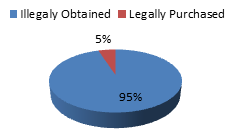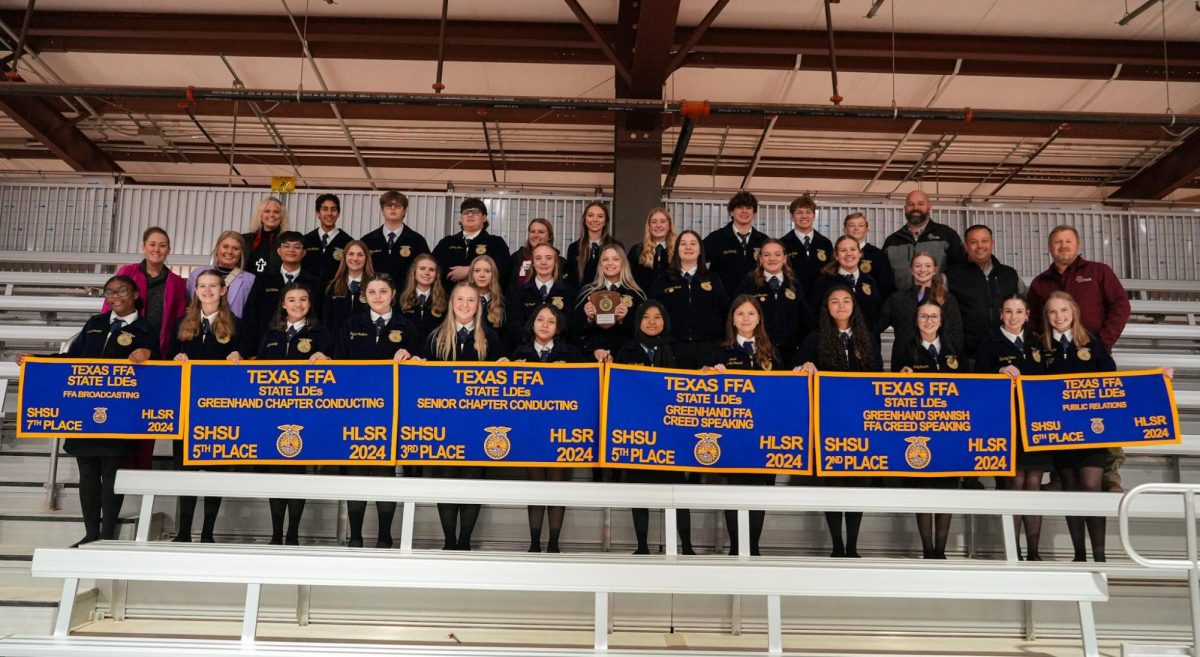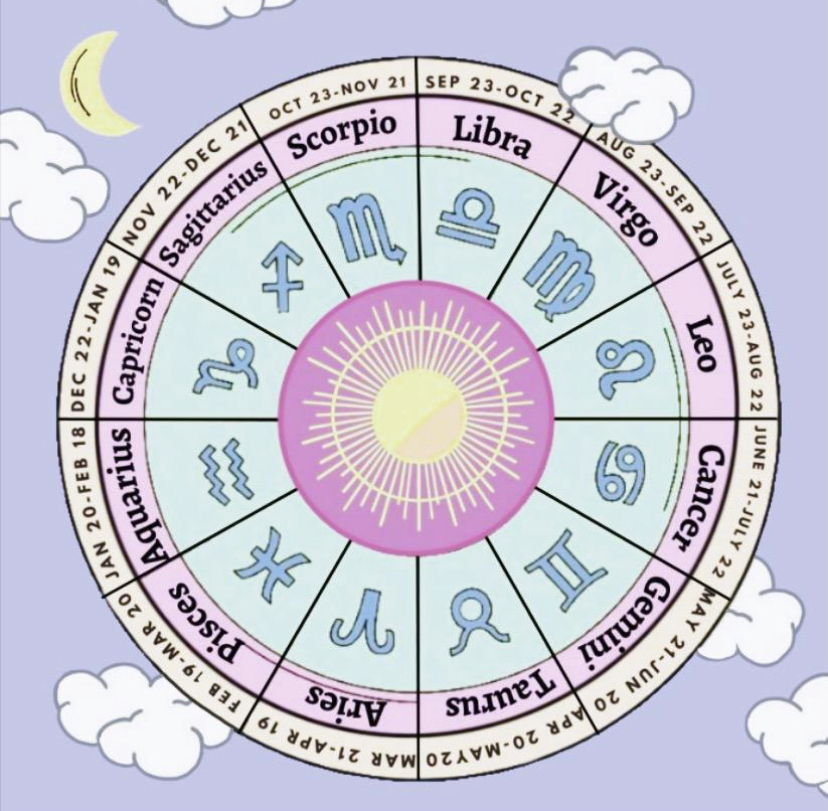With the recent delay of the Stop Online Piracy Act (SOPA) and the Protect IP Act (PIPA), the debate about the government’s role in regards to internet regulation and piracy has gained the attention of media outlets and students.
The bills would decrease the content available for download, including movies and music, as illegal downloads have become normal.
“The internet is all about freedom and communication, and I do not think it should be censored because of the fact that you can say and post whatever you want, even if it is not the best choice,” sophomore Kelly McComas said. “Freedom of expression is what makes the internet so cool.”
Since SOPA and PIPA were postponed in Congress on Jan. 20, internet users and major websites recently maintained their rights regarding their available content. The creators of the bills said they shelved them because more time is needed to examine the issue of internet regulation and piracy.
Another factor in the postponement of the bills was the people’s reaction. Opponents of the policy initiative helped stop the bills by voicing their opinions, signing numerous petitions, and calling representatives.
Americans live with the freedom to post and receive nearly every type of content accessible. As the country leads the way for freedom of speech, these strict regulations may end up influencing other parts of the world to create tougher internet regulations.
“People opposed SOPA [and bills like it] because [they] would impose things on the people,” sophomore Zain Merchant said. “Many people like the internet [without rules], also several good websites could easily be taken down.”
Such strict laws usually receive negative responses from major corporations, as they reduce the amount and quality of content available to users. Many of the biggest companies on the internet, such as Google, Facebook, Twitter, and Yahoo showed strong resistance towards SOPA and PIPA. Wikipedia even blocked access to their website for one day, in opposition to the bill, an act that other websites, such as Reddit, enacted as well.
“The thought that our favorite educational resources would be controlled by the government is scary and also makes a lot of people angry,” McComas said.
According to the International Federation of the Phonographic Industry, 95 percent of all music downloads are acquired illegally.
“I have been against SOPA since I found out about it in September,” junior Amann Islam said. “It gives the government the power to regulate the internet under the pretense of regulating the entertainment industry.”
People who support the bill say they do so because of the rights it gives back to musicians or artists who have not been profiting off of their work, due to illegal downloads.
“I guess I do understand [why these bills would be put into place], because if you get all of your music from your favorite bands illegally, then you are not supporting those artists,” McComas said. “That is why I usually do buy my music because if I like the artist, I want to support them so they can continue creating,”
However, industries are still losing money, as more and more individuals illegally download movies and music online.
“Millions, maybe billions of dollars’ worth of items are pirated each year,” Merchant said. “The developers of new software, movies, and music work hard to make their products. We should respect that and pay for their services”.
As several corporations and online users oppose such laws, many are left to wonder what accountability the government has when it comes to the internet.
“The best form of government for the internet is no government at all,” Merchant said.
After SOPA and PIPA have been prevented from proceeding on Capitol Hill, people are beginning to appreciate the freedom the World Wide Web allows.
“The internet is such an awesome thing that does so much for people,” McComas said. “It would not be the same if such harsh laws went into place.”




